Magic runs bone deep in a host, and stays there after death. Bones left to family or friends in wills can be placed in new bodies, through sorcery or surgery, and work almost just as well. But this is something else entirely.
I handle the skull carefully, with gloves, as I usually do with relics. With enough exposure, even just through the skin, magic can be toxic. Not all magics mingle well with each other. It’s the top cause of death for surgeons in my field. This relic is a magnificent specimen. The skull is clearly ancient but quite intact, and white as the moon, and heavy as sorrow. I finish examining the teeth—each one diamond edged and radiating insatiable hunger—and glance up at my shadowy customer (or patient, as the case may be) enrobed in a dark cloak, not one inch of him visible but his gleaming eyes.
0 Comments
Put a fresh enough human heart inside a brand new demon, you get a wonderfully confused sort of half-person. Black blooded and obedient, they make excellent hit men. You stare at the prince, trying to wrap your mind around his claim, even as the silver cords bite into your wrists and throat and thighs, binding you in place and burning, smoking, as they do.
No one told you the prince was a mage. Regardless, somehow, your own reconnaissance never revealed that he was, and recon is one of those things you excel at. Besides assassination, of course. And somehow you’ve failed on both accounts. How had he hid his powers? How had he caught you? “I know,” I answer with a smile up at him. “Gran told me.”
That was before the world stopped spinning, of course. It had baffled scientists and everybody who knew—who thought they knew—how the world worked. The very stopping should have shattered everything. And then, by all rights, half the world should have roasted and the other half should have froze solid. There shouldn’t have been air, let alone anything else. But none of that happened. Sure, the days were now a year long, meaning everywhere got six months of daylight and six months of night, and that caused a huge upheaval of everything. Sure, a lotta people and things died before we all adjusted, or so Gran says. But other than that-- Well. The world stopped, but people didn’t. We went on. And now father and I, among many, many others, pull the tides in on a regular schedule, to keep things growing and shifting properly, and to rock the world enough to keep it well, same as you would a newborn baby, hungry for touch as much as milk. And when we pull in the tide and release it with our hooks, our bells ring sweetly, which pleases our tired moon and the creatures that live within it. They came out when the world stopped spinning, and best as anyone can tell, they’re the reason there’s any life still on Earth. All they ask is for music in return. Song is the new currency, instruments more valued than gold or even food ever was, bards, musicians, and singers the lifeblood of society everywhere, dancers made holy. We keep the Moon’s beings happy and entertained, and they keep us alive and well. Gran says there were a lot of wars and other terrible things, before the Great Stillness. There isn’t anymore. We keep going, with our bells and whistles and music for the heavens and the creatures who love it so. It’s not a bad new world, to be sure. [[ content warning: implied/referenced child death ]] No one else sees her. No one else seems to remember her—but I do. I do. Annalise, golden haired Annalise, with her smile like the sickle moon in summer and her laugh like honey, rich and golden. Annalise, whose mother nobody knows. Annalise, the miller’s eldest child, first child, abandoned child, left on his doorstep one midsummer night with naught but a single golden feather in her tiny grasp.
Annalise, little innocent, little darling, little lost one. Her father delivered her to me when she was six summers old because there were golden feathers like the one she was found with sprouting from between her shoulder blades, and he was afeared for her in this sleepy little village where still waters run deep. “Help her,” he begged at my wizened knee, the hedgewitch people only ever came to in secret desperation to solve their secret troubles. Fix her, he meant, and pushed the child into my gnarled hands. It was never meant to survive, is the thing. It was the runt of its litter, and we don’t keep runts. They’re not worth trying to keep alive, because if they manage to miraculously survive the first few weeks of their siblings battling for supremacy of the brood, they never grow very large and tend to be timid. Which means they’re not worth hunting. But I’d felt sorry for the little thing, and had impulsively rescued it from getting eaten by its brother almost immediately after hatching. It had snuggled in my arms, only hissing a little, barely any acid dripping from its maw onto my thick leather gloves and vambraces. I’d been bringing it to the forge to let it warm itself in its depths when the soldiers came. It’s the only reason I survive. The only reason we survive. When I hear the screams and shrieks of my family and our Questing Beasts alike, I grab my little beastie and flee out the back door of the forge to hide in the refuse dump. Nobody spots me, nobody comes looking for me after they search the forge, but I’m able to hear everything. There’s no one left by the time it’s safe for us to re-emerge. Just blood and bone, scale and fur, acid and broken bits of armour. My home is ablaze with smokeless mage fire, the only thing that can contain and kill our Beasts, besides iron. I look down at the last legacy of my family, who looks up at me and rests her talons gently against the hollow of my throat with a soft little trill. Like she grieves with me. Like she grieves for me. And in that moment, I swear to care for her. Swear to do everything I can to make sure she grows strong and clever and wicked. I will make the queen rue the day she tried to circumvent fate. I name my little monster Ruin. Happy 2024!
I'm hoping to write and share a prompt every other week this year! By 'hoping', I mean I'm aiming for it, but anticipate that this will be a slowly fulfilled goal. Happy reading and writing! [[ cw: non-graphic depiction of murder and death ]] I made the knife from the gifted heartwood of my mother.
The mortals were slaughtering us for their uses, my sisters falling with terrible wrenching wails, one by one, to their axes, their murders utterly heedless to their cries or their pleas or their fury. I could not bear to witness their suffering any longer so, greatly-daring, greatly-fearing, I left my tree unguarded and I ran deep into the Wood, where the shadows are dark as moonless night and my sisters are great giants, towering high, high above—until I came to my mother. She was the eldest of the trees of our Wood, first sapling of the sun, whose limbs were the same gold as our father, and whose roots reached far into earth, even unto the realm of the dead. I crawled into the tunnels of her arching, tangled roots and prostrated myself before her, and I begged her for some way to save us all. In answer, she rent herself asunder with a great groan, her golden sap-blood rushing down her trunk and over my hands like honey, and revealed the sacred heartwood of her innermost self. She bade me tear a portion of herself away for my use, and I did so, for at her core my mother is soft as a new shoot, though she is stronger than stone and storm without. With the gift of her heartwood, I sang a dagger into shape, keen-edged, bleeding still, shaped in the hilt like my mother and her lover, the Owl god. With my weapon in hand, I kissed my mother and left for the very edge of the wood, where the corpses of my sisters were piled and awaiting desecration. And in the night, while the mortals slept, I slit their throats—a merciful death, more merciful than they deserved. The blood of the dagger and the blood of the mortals mingled, and where it touched the earth, flowers bloomed. Lilies the crimson of mortal blood, with a heart the gold of my mother’s, sprang up. Lilies, for death and mourning. For remembrance. 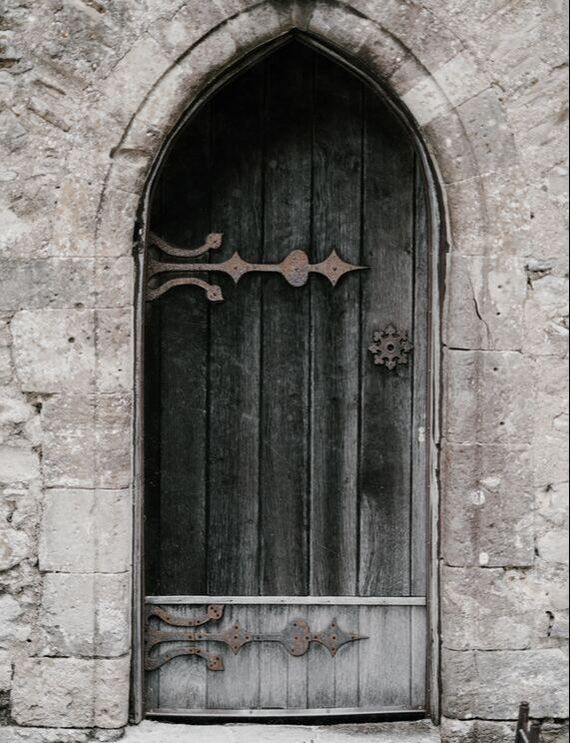 Photo by Annie Spratt on Unsplash I examine the key with curiosity. It’s on a very long chain, the links so thin I have to peer closely at it to even make them out. It must be quite strong, despite its apparent delicacy, to bear the key which is so heavy.
The key itself is a strange thing. The head is rounded, with a hole in the middle for the chain to go through. The blade is long and rounded too, and there are unsettling engravings on it, hardly legible, that shift and waver when I try and study them. And the teeth of the key…the teeth all curve into points, so that they look a little like horns or fangs. “What do you think the door it belongs to is like?” I ask my uncle. He hums, gently pulling the key from my hands and tucking it beneath his shirt to hang on its quicksilver chain, out of sight, but not out of mind. “Well,” he says slowly. “Make a key, and its door will be called into existence. Make it wrong, and you might just summon a black door. Or worse, no door at all. I don’t think this is the case of the latter, but the former…” 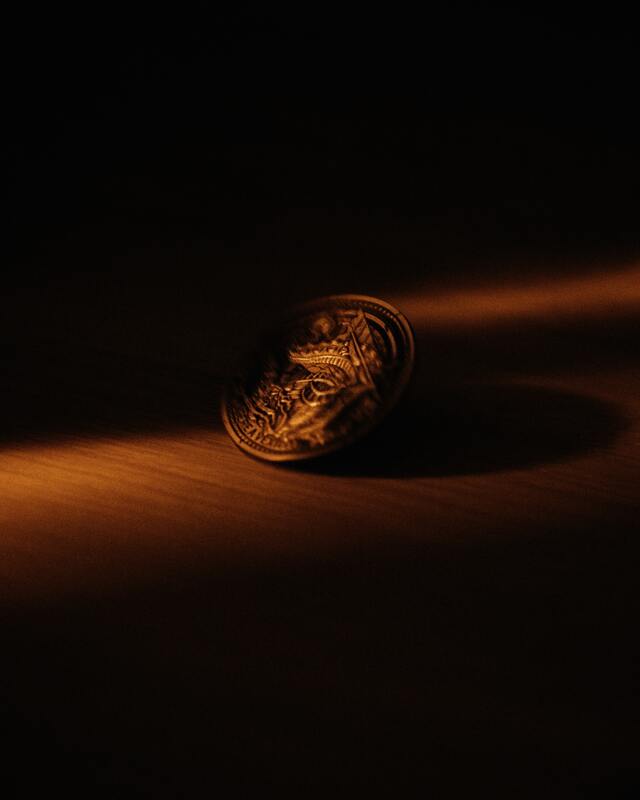 Photo by Thomas Fatin on Unsplash ❝We form our own sort of twisted community, those of us desperate enough to fish in the River Styx.❞ It’s the gold we want, the coin placed in the mouth or upon the eyes of the dead to pay the ferryman. He takes the gold and takes the dead too, but he does not keep the gold. It glitters at the bottom of the River, untouched and unused. Hades does not need it and does not miss it, lord of all the wealth beneath the earth (including our precious dead) as he is. We, who for one reason or another cannot earn our gold any other way, who are willing to risk traversing the paths to the underworld, we make our way to the River and hope, with every dip into the water, not to rouse the nymph it is named for, for her fury at our transgression is cold and implacable and all consuming. Sometimes, the water is truly as calm and quiet as it always appears. Other times, one of us will venture in and be swept away by its invisible, indomitable current, never to be seen again except as a shade. But with every wading into those waters, we gain another treasure, as precious as the coins in its own way—a strengthening invulnerability to harm by mortal weapons and mortal fire. We, who are largely outcasts, constrained to the fringes of society, value such protection as much as we value the bread and meat, garments and shelter, that the gold we fish for provides us. Fictober is a challenge where writers respond to a prompt a day for the whole of October.
This year's prompts are from Deep Water Prompts on tumblr. 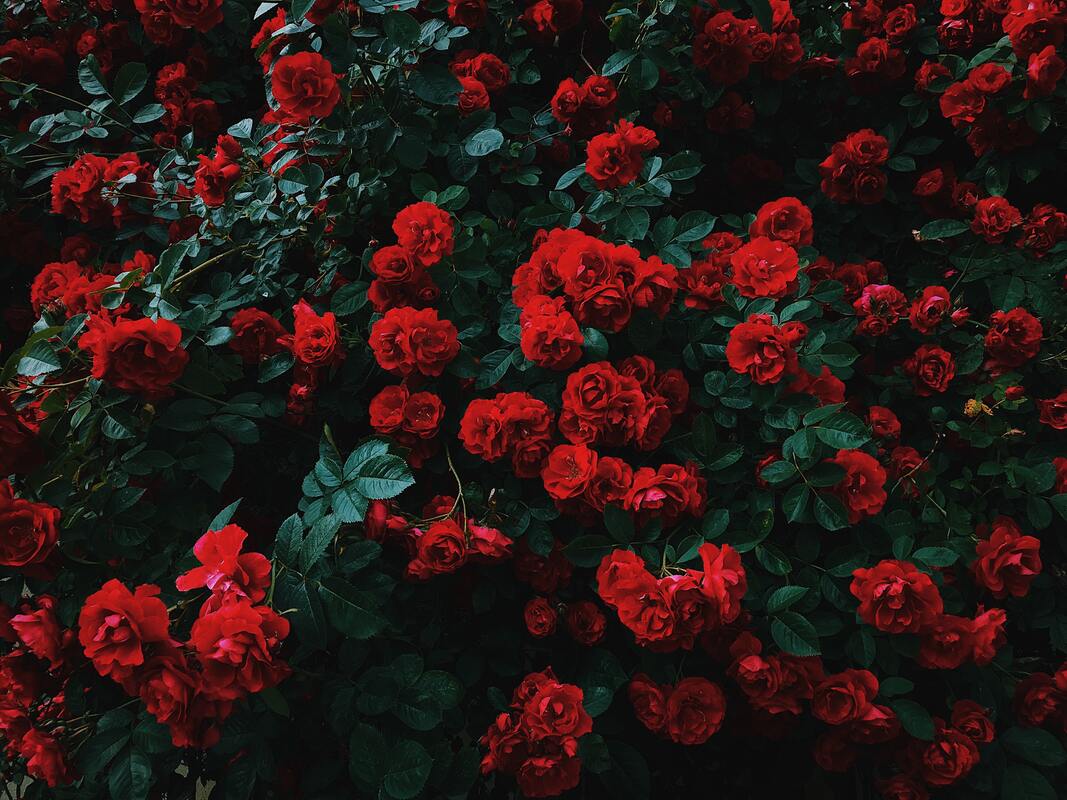 Photo by Nikita Tikhomirov on Unsplash Her heart is in her hands, porcelain and perfect and utterly still, just as it should be. Alyss is quietly pleased. She had no idea if the spell would work for herself; the old queen only ever cast it on other people, to own their hearts and command them as she would, a punishment and a service all at once. There’d been a chance this spell would’ve killed her, but Alyss was--had been—destined to die anyway, so what did she care about the risk? But she’s not dead after all. She’s holding her own heart, and she’s breathing and living and thinking, no empty shell like the Queen’s Cards. And now she’s unkillable. Unless, of course, someone gets a hold of her heart. But they won’t. She’ll bury it, out in the garden of poisonous blood red roses, right in the (hah!) heart of the maze where nobody will go and where no one will find it. She’ll bury it in soil and spells and a chest, and she’ll live forever. Alyss is the author of her own fate, and nobody else is. The thing in her chest flutters and shifts where her heart used to be, settling into its space. Alyss wonders if it’s her soul. If, without the burden, the foible, of her heart, she can feel it now. She wonders if it’s at all affected by what she’s done. She decides she doesn’t care if it is, nor how. Fictober is a challenge where writers respond to a prompt a day for the whole of October. This year's prompts are from Deep Water Prompts on tumblr. This prompt fill is also a glimpse into the backstory of one of my characters in Oracle.
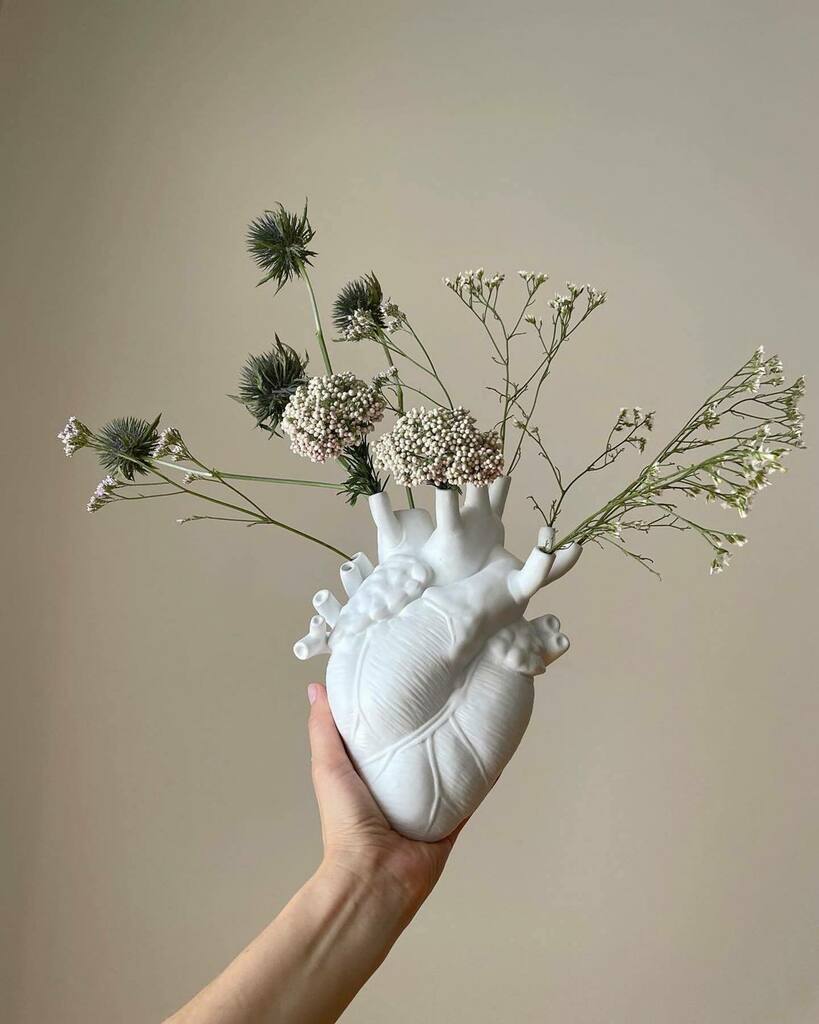 Photo via Seletti on Instagram I used to study them all, as a child, in their careful placements on little velvet cushions on the shelves, shining sleekly in the sunlight that poured through the tall windows. They were so beautiful, all unique somehow, and all looking so real. I was entranced by them, by their delicacy as much as by their forbidden nature. I was never allowed to touch any of them.
“Once broken, they can’t be mended,” my mother would say. “No matter how skilled the craftsman, how cleverly sealed or joined or glued the fragments, there would always be a fault in them.” “Even with magic?” I’d ask. “Magic can’t fix a broken heart. It can only unmake it, or change it, but then it wouldn’t be the same heart, you understand? And it would always have once been broken.” |
Welcome to the blog!Featuring prompt fills, excerpts from my wips, posts about my writing process, and more. Categories
All
|
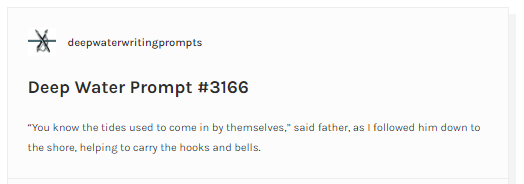
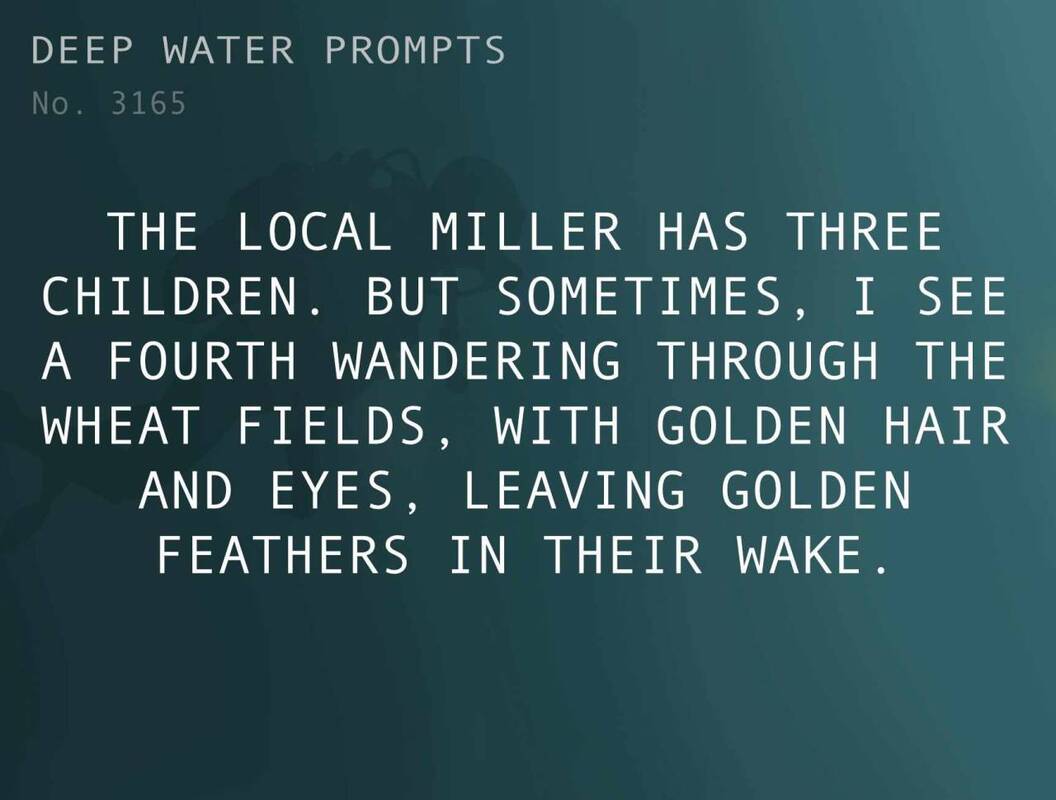
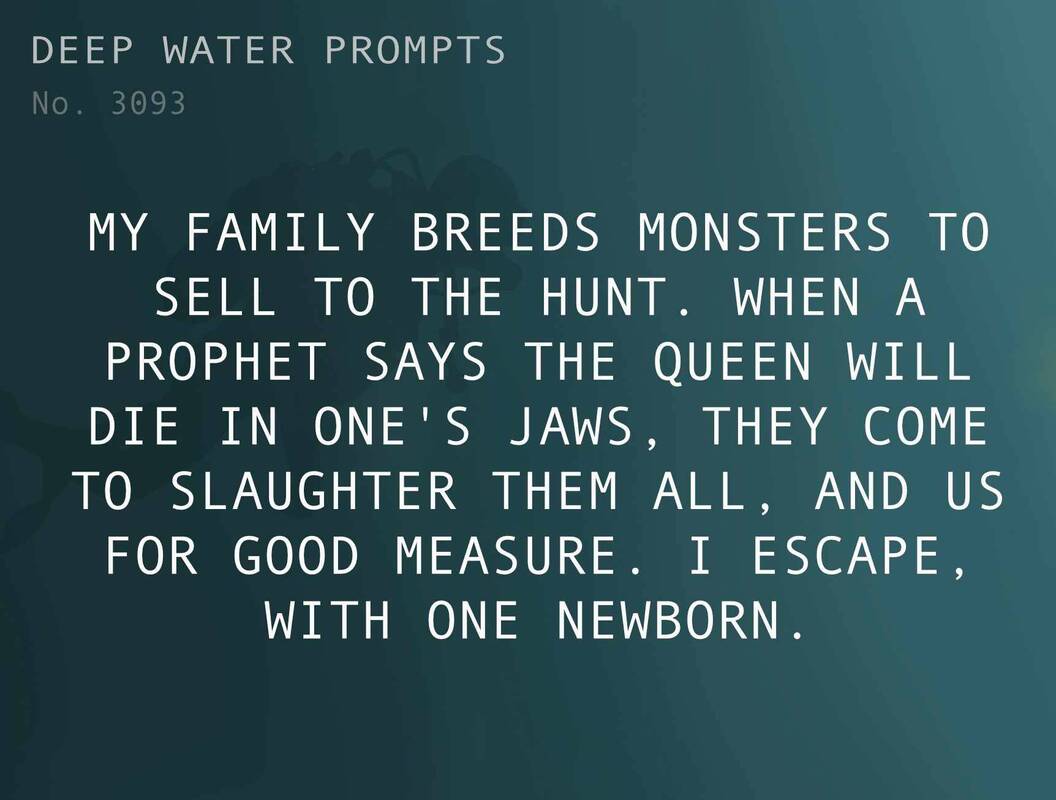
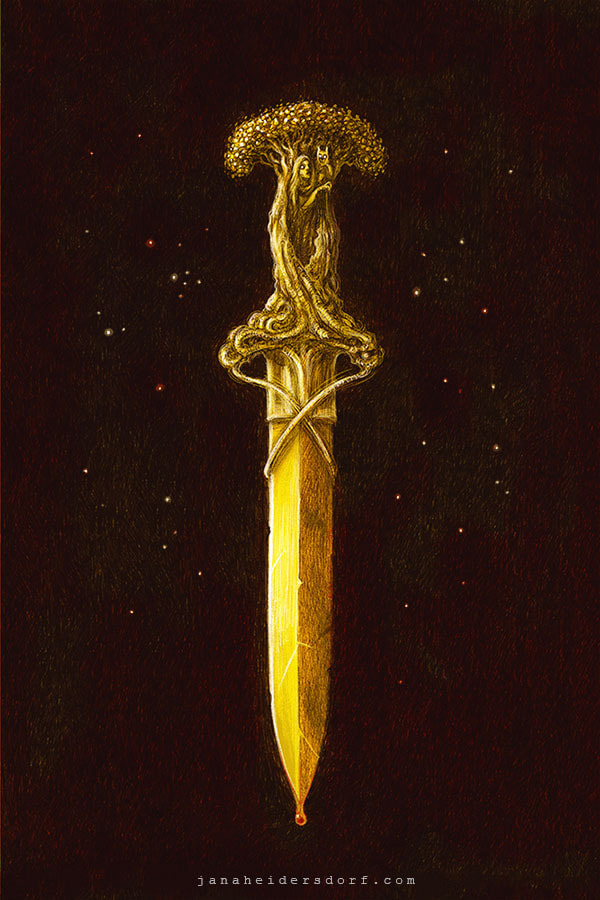
 RSS Feed
RSS Feed